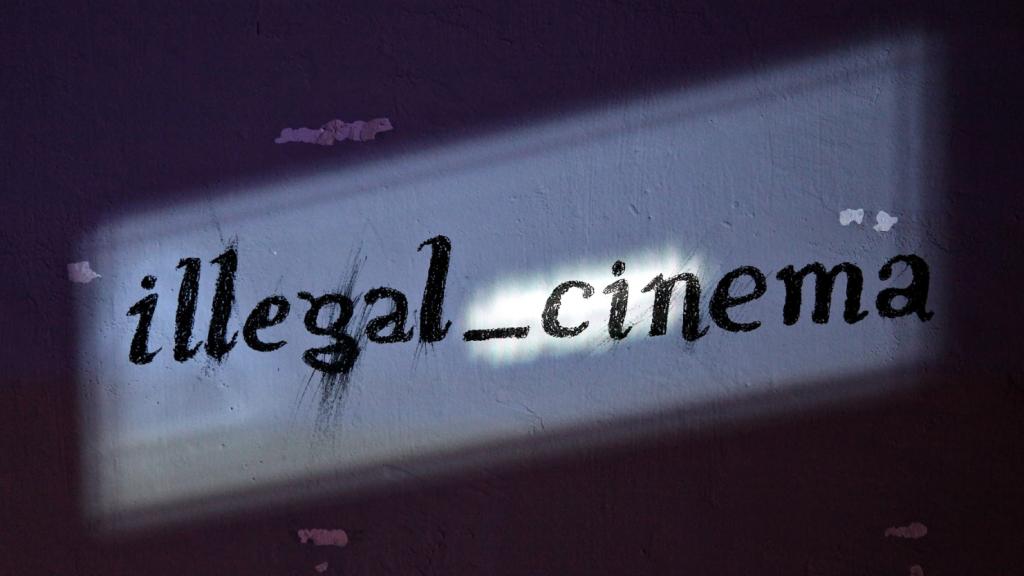- Home
- /
- Cooperations
- /
- illegal_cinema
- /
- illegal_cinema Berlin #1
illegal_cinema Berlin #1
20:00 Marta Popivoda on illegal_cinema and introduction to films by Gal Kirn
20:15 - 21:15 Screenings
Newsreel 242 - Sunny Railways
Nika Autor, Slovenia, 2023, 31 min, DCP, spoken language: Bosnian, OV with English subtitles.
Red rubber boots
Jasmila Žbanić, Bosnia and Herzegovina, 2000, 18 min, Bosnian, OV with English subtitles, 16mm.
Excerpts from Elia Suleiman’s film Chronicle of a Disappearance(1996)
Followed by the discussion How utopian is peace today? initiated by Gal Kirn and Marta Popivoda in dialogue with the audience.
I chose these documentary films, because they offer precious insights in the face of atrocities in Yugoslavia in recent history and currently in Gaza. These films can be a good starting point in an effort to rethink alternative politics of peace that move beyond a rhetorical gesture, or worse can be found in the mechanism of pacification made by hegemonic powers in the cemetery of humanity. Has peace ever been a real possibility, a utopia to be realised in the times of intensified and multiple crises? Documentary films point precisely to what happened in a multi-ethnic Yugoslav society when the ideas of internationalism, solidarity and socialist utopia were abandoned and overshadowed by extreme nationalism. Turning to the present predicament of forced normalisation of war I am tempted to ask whether peace is not becoming a name and site of new utopia.
Nika Autor’s Newsreel 242 investigates the period of 1947 Yugoslavia in the aftermath of fascist occupation and focuses on the building of the 242 km railroad between Sarajevo and Šamac by international youth, also from Palestine. It is a tribute to the internationalist spirit that embodies ideas of utopia and lasting peace. The documentary argues that the story of the railroad harbors enduring ideas for a world beyond capitalism, and that we must rediscover the values of times past also in regards with migration and current turmoils.
When Jasna's two children were abducted by Bosnian Serb army during the Bosnian war, her son Amar was four years old, her daughter Ajla just nine months. Years after this atrocious event, Jasmila Žbanić accompanies Jasna as she tries to find the remains of her children in the mass graves opened after the war. Their bodies should have decomposed by now, she says in an almost unbearable moment, but Amar was wearing red rubber boots, so they might have lasted.
Short excerpts from Suleiman’s first feature film offer both a throwback of an aborted peace process that gives its most extreme forms in times of war in Palestine and Israel. (Gal Kirn)
Gal Kirn is a research associate at the University of Ljubljana, where he works on the transition in (post)socialist context, in particularly in the fields of art, politics and memory. He published two monographs Partisan Ruptures (Pluto Press, 2019) and Partisan Counter-Archive (De Gruyter, 2020).
Marta Popivoda is a filmmaker, artist, and researcher. The main concerns in her work are the tensions between memory, history, and ideology, as well as the relations between collective and individual bodies –– approached from a feminist and queer perspective. She made two feature-length films Yugoslavia, How Ideology Moved our Collective Body (Berlinale, 2013) and Landscapes of Resistance (IFFR, 2021).
